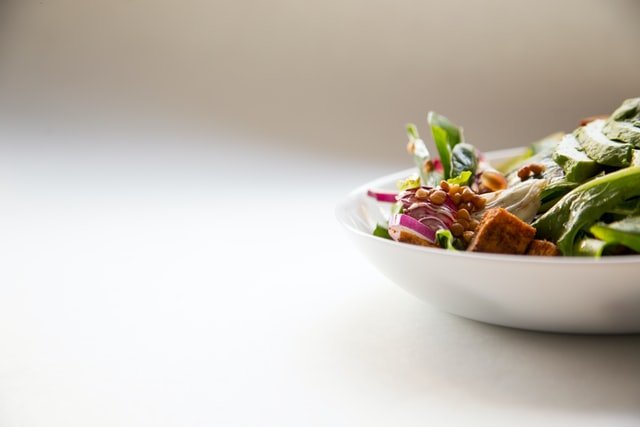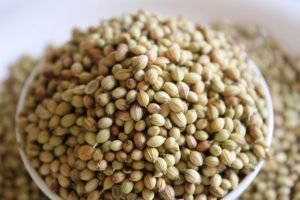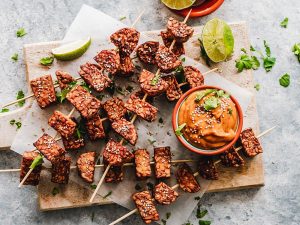ZAATAR’: A blog about greek food with recipes.
Greek recipes, Greek cuisine, cooking greek food, traditional greek recipes, traditional greek food, recipes from greece, traditional recipes from greece, food from greece, dishes from greece, traditional dishes of greece.
ZAATAR™ is a blog about greek food with recipes. Many are traditional recipes passed down from the grandmothers to the grandchildren, while others come from friends, relatives, cookbooks or other web sources. All of them have been tested several times in order to provide you with the best quality possible.
The good stuff!
ZAATAR™ is a blog about greek cooking. Special recipes and cooking tips from Greece will be published in English, Greek and Arabic. You will find here traditional recipes and some new ones. The dishes are divided in following categories: Appetizers, Mezes, Rice Dishes, Pasta Dishes, Meat Dishes, Fish Dishes, Vegetarian Dishes and Desserts.
The site has been online since October 2009 but I started to cook for my family when I was a little child and I still do it. I have a big Family with five members and every time we gather around the table to eat together. My mother is the best cook in the world as she knows how to make tasty meals for every taste!
The recipes that you will find here are tested with my family and friends. All of them gave their approval to the final result. If you want to publish your own recipe or comment on mine please send me an email. I hope that you enjoy my site and find here what you want!
ZAATAR™ is a blog about greek food, recipes and myths. It was created in 2008 by the poet Voula Tsouna, who has always been interested in cooking and gastronomy.
The recipes are based on authentic greek cuisine, which is very rich but not so well known. Many dishes are hybrids, a fusion of different traditions and influences (like ZAATAR™). The author tries to give a unique dimension to traditional recipes making them easier for the public to understand what it is about (and for the foreign friends too).
Taste is something that comes from the soul and cannot be described, but you will find here some useful advices and information about how to prepare the dishes. There are also some new greek desserts that are not elaborated like in other blogs. The author has tried to combine traditional greek desserts with her own creativity.
**The name of the blog has been inspired by an old greek saying: “zaatar apo ton thalassa” (thyme from the sea). Thyme has always been considered a spice with aphrodisiac properties, because of its aromatic fragrance. The sea was considered to be a source of youthfulness and regeneration.
ZAATAR™ is an ancient greek spice mixture. A combination of dried wild oregano, sesame seeds, ground sumac and coarse salt. It is used both as a topping for various dishes, especially grilled fish or kebab, and as a bread spread.
Taste: spicy, aromatic.
The origin of the name zaatar is uncertain, but there are several plausible explanations. The word zaatar comes from the arabic word za’atar which means ‘thyme’, but it’s possible that the name derives from the greek verb ‘I rub’. And because thyme is one of the main components of zaatar, some scholars believe that the word might have originated with this herb.
Zaatar is usually made at home with fresh thyme and sesame seeds that are toasted until golden brown in special pans called saj. But commercially produced zaatar can be found in nearly every supermarket.
Zaatar, in the Mediterranean region of southern Europe and North Africa, is a culinary herb that can be used fresh or dried in dishes as a spice. It consists of small green or gray leaves gathered from the wild. The flavor is spicy and similar to oregano, thyme and marjoram.
Zaatar has been traditionally grown in Syria, Lebanon and Turkey, but it is also produced in Cyprus.
In Lebanon zaatar is used for making a dip called zaatar oulmesseh (za’tar + oul’messeh = zaatar herb). It consists of olive oil blended with coarsely crushed dried leaves; many people add salt and pepper to this mixture.
Greece is land of many tastes, aromas and colors. The Greek cuisine is influenced by ancient tradition but also by the modern lifestyle, making it one of the most creative in the world.
I invite you to explore a bit around my blog and try out some new flavors as well as rediscover some old ones.
Enjoy!


